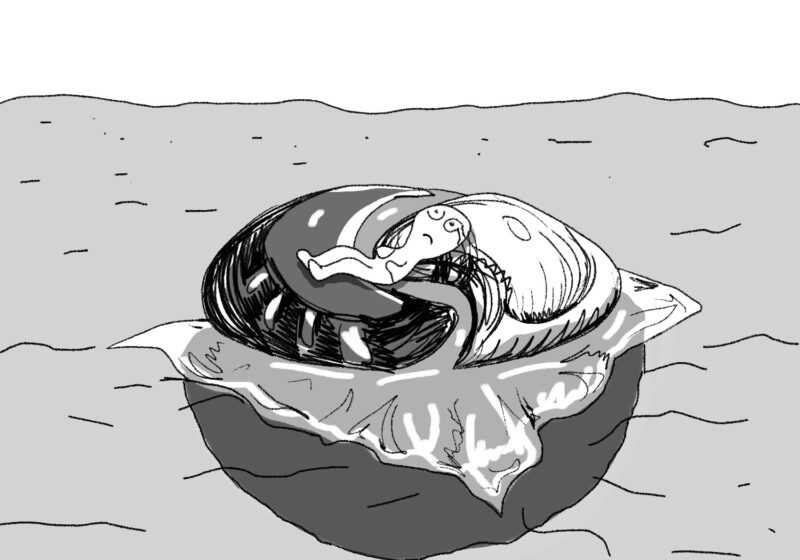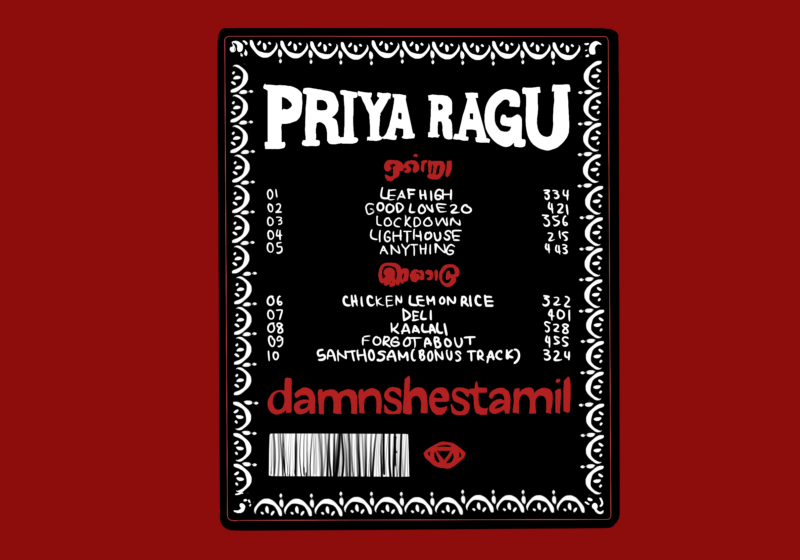Whether there is such a thing as steroid rage is contentious, but there is certainly not an ounce of doubt when it comes to steroid hysteria. The recent announcement by Attorney General John Ashcroft of federal indictments against four men accused of distributing steroids to top athletes has sparked a wave of moral outrage about the use of performance-enhancing drugs in sports. It is a dark time in baseball. The Bay Area Laboratory Co-Operative, or BALCO, steroid investigation is quickly sweeping and enveloping the game. But the presence of drugs in sports is certainly not new. They have been used and abused. If you go by what Gene Orza, the baseball union’s chief operating officer, has had to say of late, and Commissioner Bud Selig, who has been more or less reluctant to really say anything, you question whether anything will actually get done. Perhaps some good will come of this mess – maybe it will inspire great changes. But then again, maybe it already has. Recent reports allege that seven professional athletes received steroids from BALCO through Giants slugger Barry Bonds’ personal trainer, Greg Anderson. Among the athletes named were Bonds and New York Yankees sluggers Gary Sheffield and Jason Giambi. Sources have reported that Greg Anderson obtained steroids and human-growth hormone for Bonds as far back as the 2001 season. Bonds, Sheffield and Giambi have denied knowingly taking any steroids. Former major leaguer – and admitted steroid user – Ken Caminiti has gone on record as saying that over 50 percent of major leaguers use steroids. It may be unfair that baseball’s greatest stars have to prove their own innocence in the face of only superficial evidence, but just look at the size of them – they must be on something. This leads the fan to wonder just how many more players out there are using steroids – not just those players involved in the BALCO investigation.So far in the BALCO case, the athletes have been treated only as witnesses. Prosecutors have followed the prescription for a federal drug investigation, going after possible dealers and not targeting the users. While this strategy might be effective and practical in the real world, baseball is in an entirely different ballpark. First of all, from what we know, major leaguers are not buying steroids on the streets. The agents who are providing the steroids are certainly not your typical drug pusher, out to make a huge amount of cash. It is the shoppers, not the dealers, who are controlling the price. A thousand dollars worth of drugs can easily turn into quite a salary. If baseball were smart, it would rethink its behind-the-times stance on performance-enhancing drugs. Currently, a player needs to test positive five times before he is suspended for a season, and financial fines come with each successive positive test. Baseball’s policy is embarrassing. Selig has stated that baseball owners are in favor of stronger testing. Sure, toughening up the policy might do some good, perhaps in an immediate sense. But one must remember that cheaters are always one step ahead of enforcers. This issue goes straight to the integrity of the game. Now that testing is going to be implemented, players could very well stop using steroids. And if they don’t stop, they will just claim that they were tricked into using them by trainers. Orza has pronounced that cigarettes are more dangerous than steroids, as if that has any bearing on the need for stringent drug testing in baseball and the implementation of penalties on the players who test positive. This is a sport that has zero credibility when it comes to the abuse of performance-enhancing drugs.The Players Association has resisted testing, claiming that it’s an invasion of its members’ privacy. But the integrity of baseball is far more important than individual player’s rights. Steroids are tainting the statistics and even outcomes of the game – baseball is being poisoned. But even if the union is not concerned with the veracity of America’s favorite pastime, it should at least be concerned with the health of its players. A new regime is needed in baseball, and people who understand where the game stands, where the game is headed and where the game ideally should be headed need to be brought in as soon as possible. The union, along with Selig and the team owners, must show genuine conviction during the next collective bargaining talks. Now is the time for baseball to finally catch up to the NBA and the NFL by instituting zero tolerance. The game is at stake. Sokol can be reached at jsokol@campustimes.org.Gorode can be reached at kgorode@campustimes.org.
cancellations
UHS introduces new cancellation and no-show policy
UHS recently introduced a $25 “no-show” fee for students that didn't cancel or reschedule at least 24 hours in advance of their appointments.
epidemic
Washing machine woes: Tide Pods
There have been numerous reports of hardened and shriveled blue gel-plastic on clothes of all shapes and sizes, an ominous sign of a Tide Pod gone horribly wrong.
2022
Priya Ragu’s 2021 “damnshestamil” pays homage to her Tamil heritage
Released in 2021, her debut album “damnshestamil” is a warm combination of contemporary music and an ode to her heritage, incorporating audio clips of women speaking in Tamil overlayed with traditional South Indian beats.



